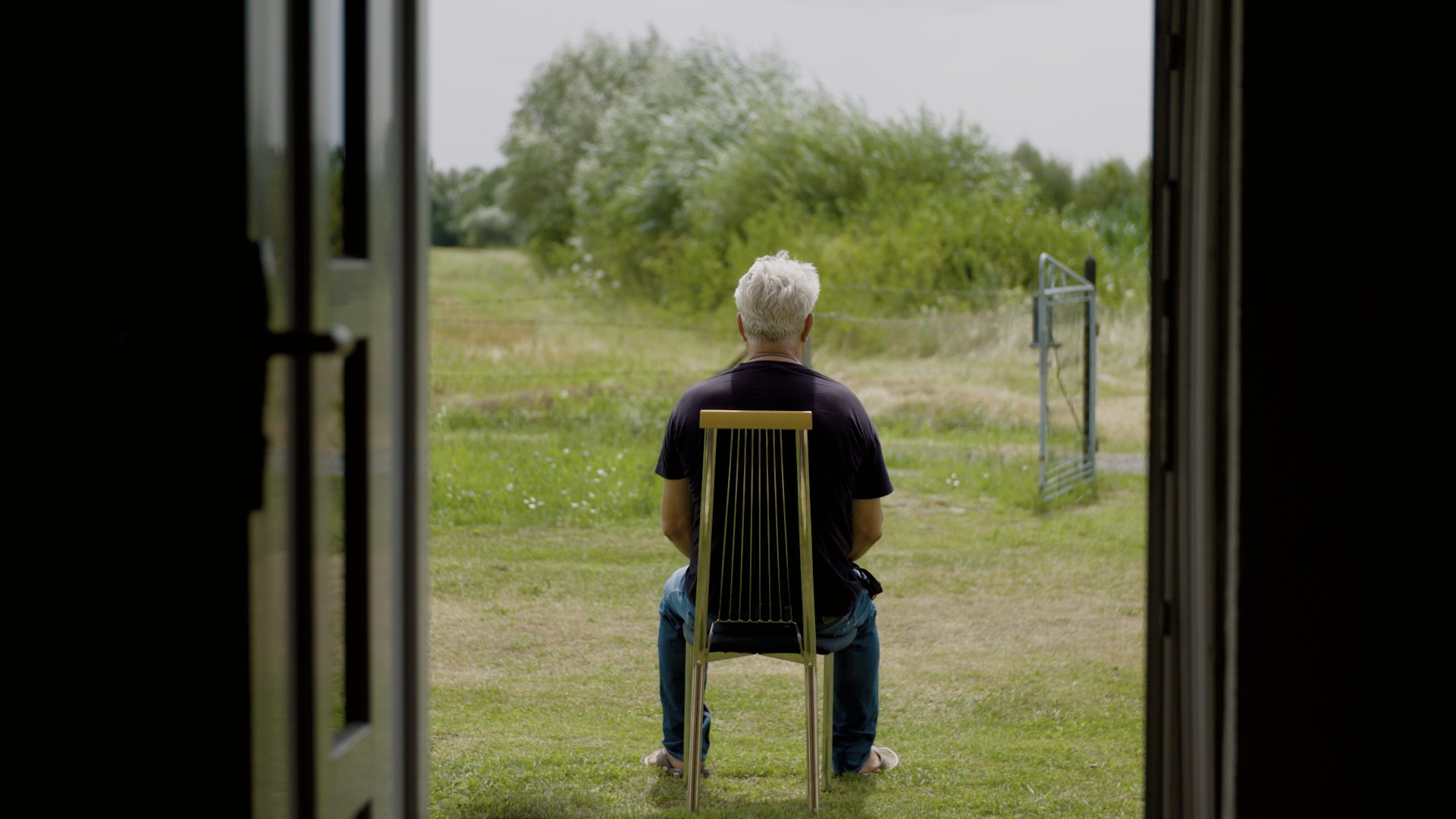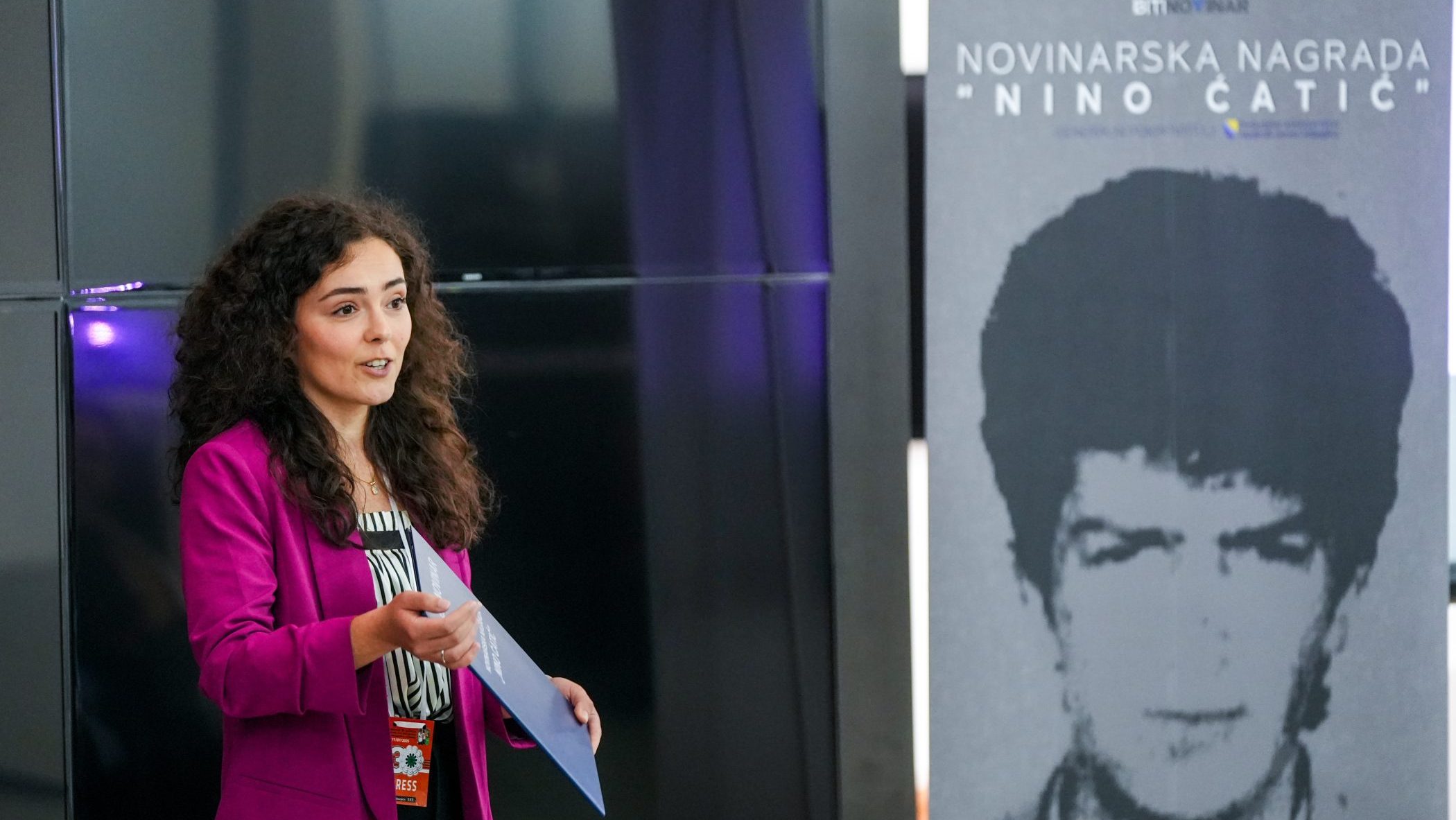This post is also available in: Bosnian
Prosecutor Serge Brammertz told the UN Security Council on Tuesday that the glorification of war criminals and denial of crimes in the former Yugoslavia has been continuing, and that judicial cooperation in war crimes cases between the countries in the region is at its lowest level in years.
“Positive steps are undermined by irresponsible comments from other officials denying what has been established beyond reasonable doubt by international courts, and portraying as heroes men who committed the most serious violations of international law,” Brammertz said, according to a press release from the Hague-based Mechanism for International Criminal Tribunals.
He also condemned the denial of war crimes, including the 1995 Srebrenica genocide in which more than 7,000 Bosniaks were killed by Bosnian Serb forces, Beta news agency reported.
There have been repeated denials that the Srebrenica massacres constituted genocide and public rehabilitations of convicted war criminals in Serbia in recent years.
The president of the UN war crimes court in The Hague, Theodor Meron, criticised Serbian Prime Minister Ana Brnabic last month for denying the Srebrenica genocide.
After President Aleksandar Vucic’s Serbian Progressive Party came to power in 2012, the Serbian authorities have welcomed home freed war criminals and helped them to become active participants in public and political life.
The Serbian Defence Ministry published a book in October by the former Yugoslav Army chief of staff Nebojsa Pavkovic, who is currently serving a prison sentence for war crimes in Kosovo.
Meanwhile, two ministers in neighbouring Croatia – War Veterans’ Minister Tomo Medved and Defence Minister Damir Krsticevic – publicly endorsed two convicted Croatian war criminals, Tomislav Mercep and Mirko Norac.
In his statement to the Security Council, Brammertz also “raised the humanitarian imperative to locate and identify persons still missing as a result of the conflicts in the former Yugoslavia”, according to the Mechanism for International Criminal Tribunals.
He added that the governments of the Balkan region pledged to increase their activities and cooperation on missing persons at a summit in London in July, and said they would avoid the politicisation of the issue.
However, at the summit, the leaders of Kosovo, Macedonia, Montenegro and Serbia did not sign a declaration to establish the RECOM wartime fact-finding commission, despite previous promises to do so.

